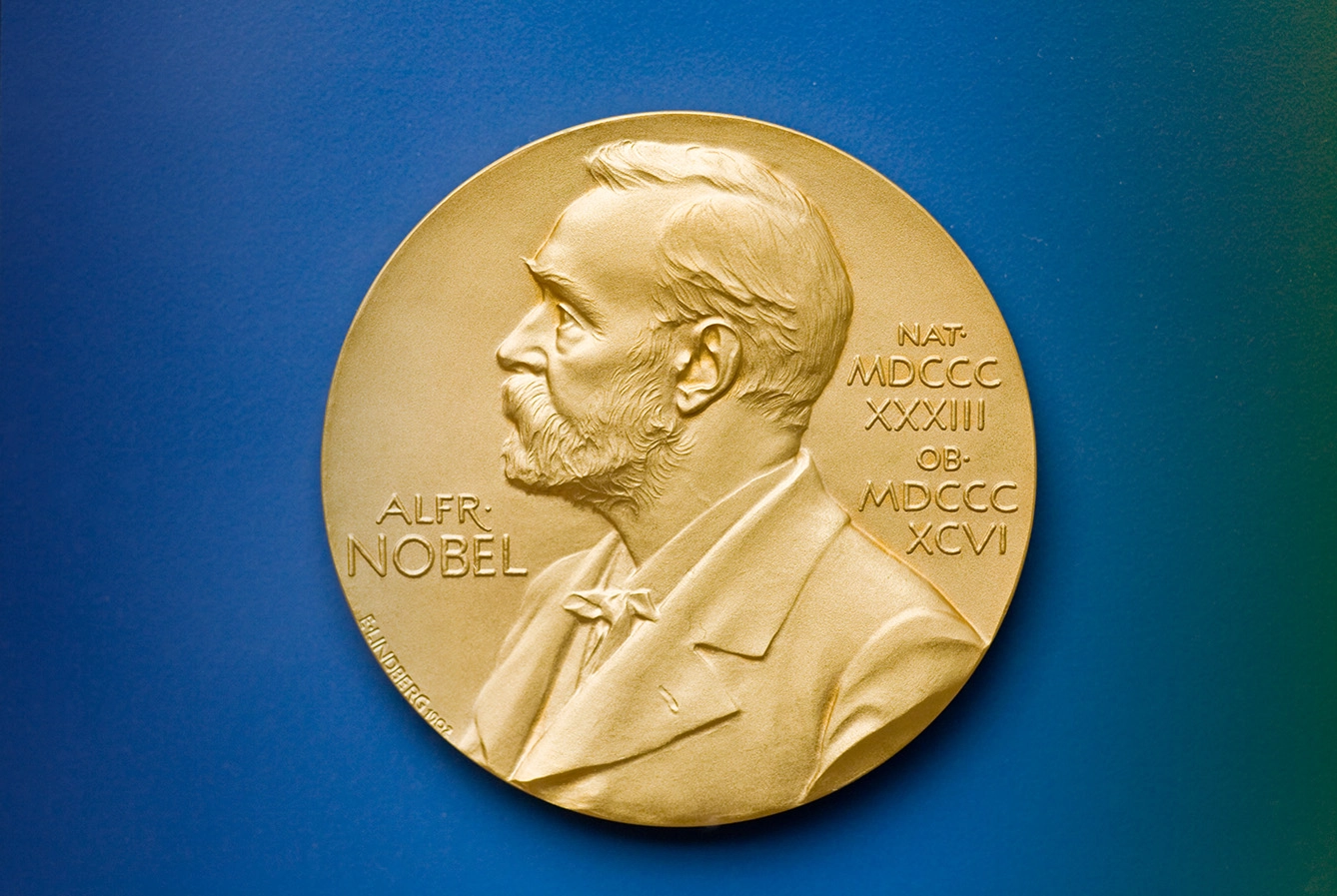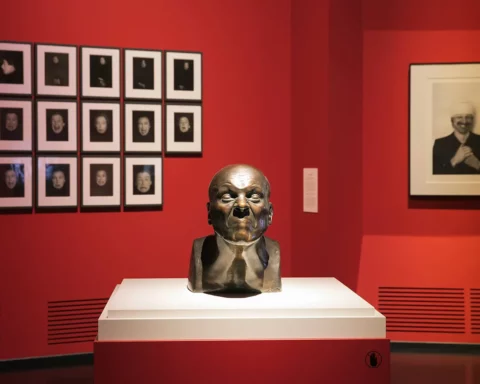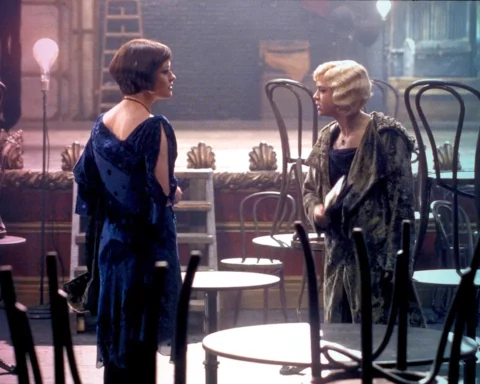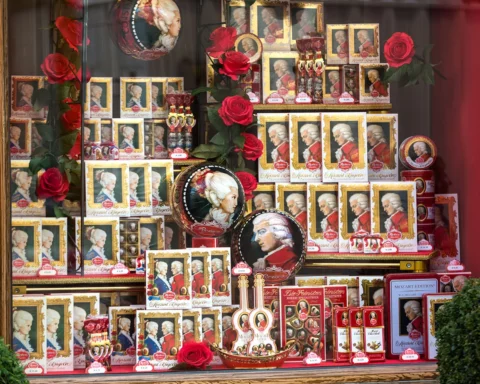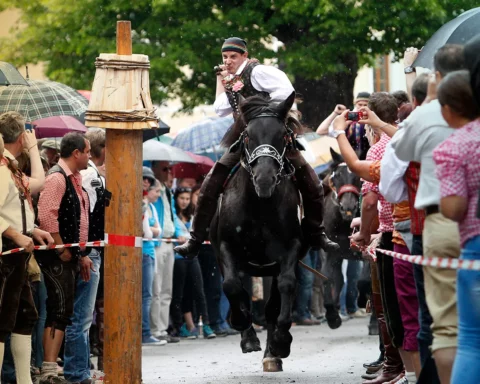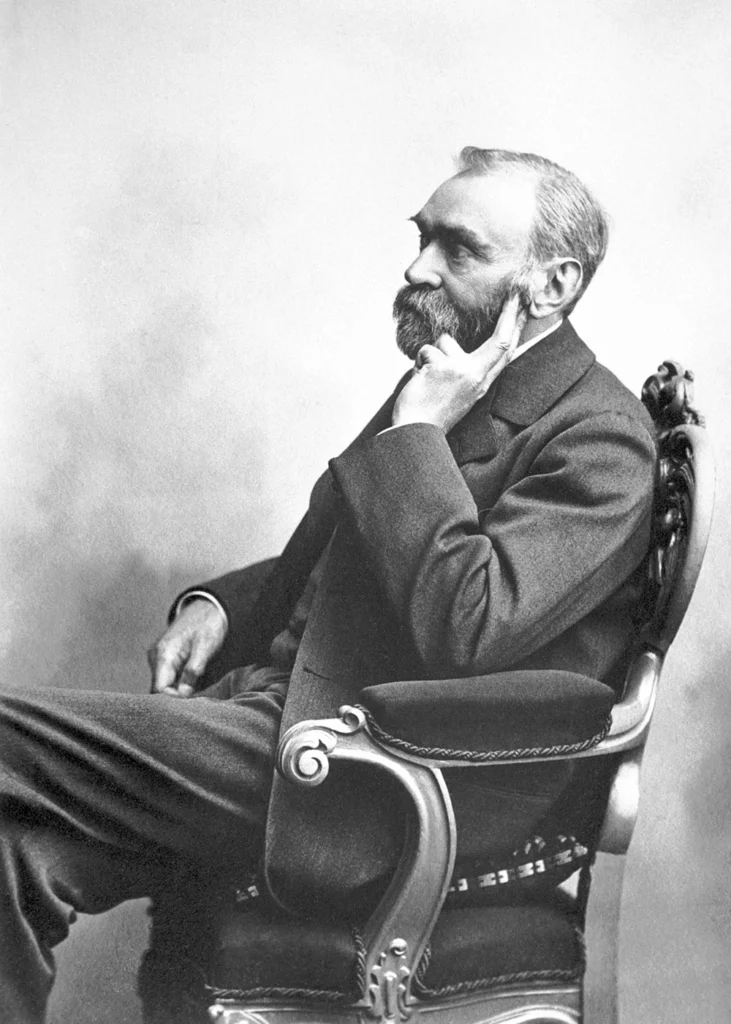
The prize was founded by Alfred Nobel, a Swedish 19th-century entrepreneur scientist, and writer, to name just a few of his traits. During his lifetime, he accumulated a fortune mainly from his numerous inventions. It is interesting to note that dynamite was the most famous one. Nobel also owned an armaments factory and patented a smokeless propellant – one of the milestones in weaponry’s new, post-gun powder era. It is not surprising to learn, therefore, that upon his brother’s death in 1888, a French newspaper published an obituary entitled “The merchant of death is dead,” thinking it was Alfred who passed away. This made the inventor seriously rethink his legacy and led to him changing his will.
Nobel Prize is founded
In his third will, Nobel dedicated a large portion of his assets to fund a prize that would be awarded to, as he wrote: “those who, during the preceding year, have conferred the greatest benefit to humankind.” Needless to say that after the will was opened in 1895, Nobel’s family was not impressed and tried to contest his last will, but, in the end, the first prize could be awarded in 1901. Since then, the prize has been annually awarded to the most influential writers, scientists, and inventors working to the benefit of all. And Austrians seem to be pretty good at that challenge.
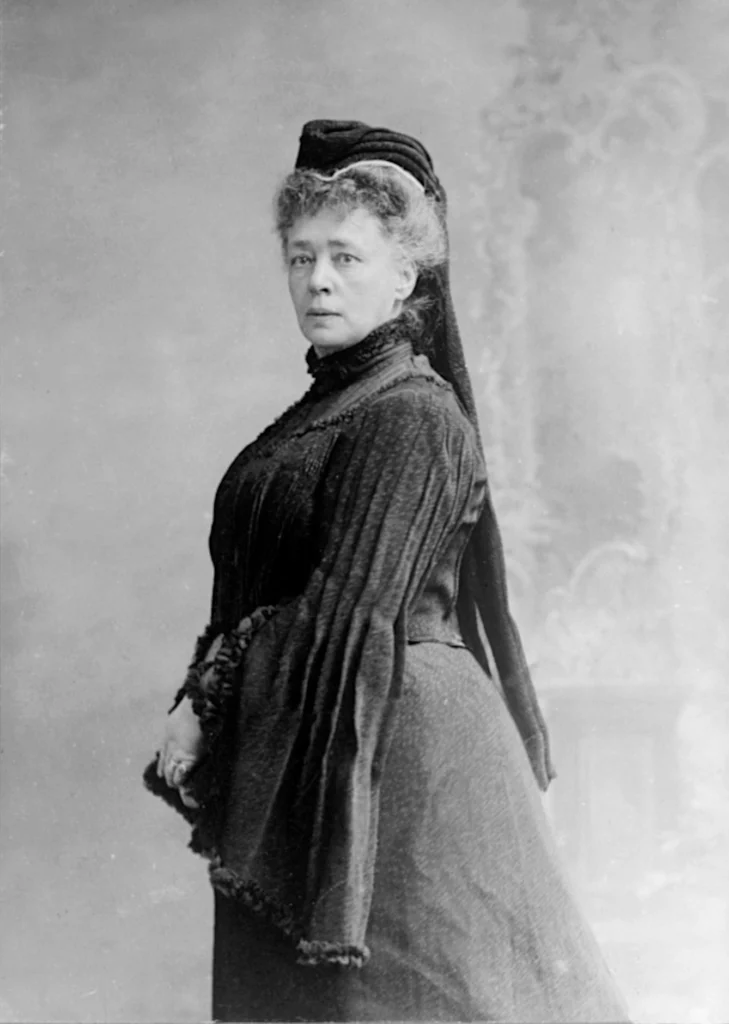
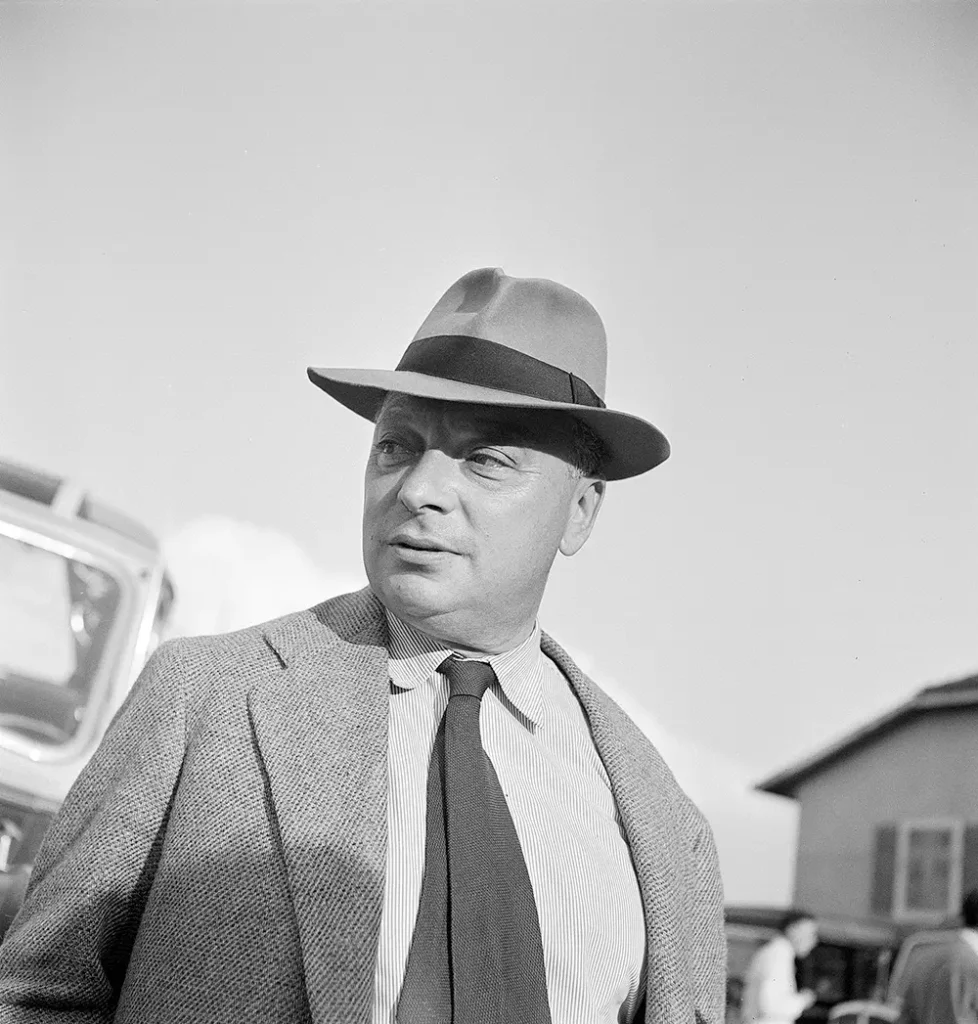
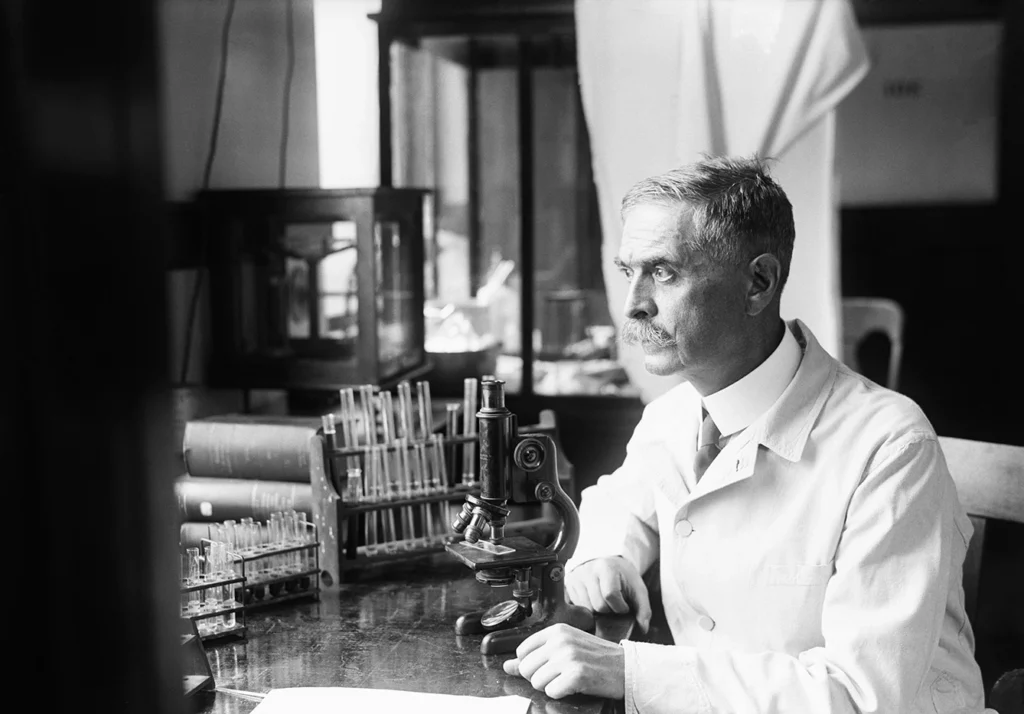
Austrians in the lead
Out of the Three Seas States, Austria is an undisputed leader with its 22 Nobel prize winners. The first Nobel was awarded to an Austrian citizen in 1905 (Peace – overall 2 Austrian winners), and the most recent one in 2022 (Physics – overall 4 Austrian winners). Other categories in which we can find other Austrian winners are Literature (2 winners), Chemistry (6 winners), Physiology or Medicine (7 winners), and Economics (1 winner). Let’s have a look at three of them more closely.
The first woman of peace
Bertha von Suttner was the first Austrian, the first woman to win a Nobel Peace Prize, and the second woman to be awarded a Nobel Peace prize (Marie Skłodowska-Curie, a Pole, beat her to it in 1903). The Nobel was awarded to her in 1905 “for her audacity to oppose the horrors of war.” She became internationally known as an editor of a pacifist journal Die Waffen nieder! (Lay Down Your Weapons!), which was named after the title of Suttner’s 1889 book. She was involved in the first Hague Convention in 1899 and was the only woman to attend the second one eight years later. She advocated for the nation’s disarmament and was an esteemed journalist and political commentator.
A, B, or C (0)?
Karl Landsteiner received a Nobel Prize in Physiology or Medicine in 1930 “for his discovery of human blood groups,” which led to safe blood transfusions. His pioneering work explained why so many such procedures had tragic consequences, and he is known as the father of transfusion medicine. Interestingly, International Blood Donor Day, first held in 2005, falls on the 14th of June and marks Landsteiner’s birthday.
Strong back
Wolfgang Ernst Pauli received a Nobel Prize in Physics “for the discovery of the Exclusion Principle, also called the Pauli Principle.” The best summary of his contribution can be found under his profile on the Nobel Academy website. It explains that “Pauli introduced two new numbers and formulated the Pauli principle, which proposed that no two electrons in an atom could have identical sets of quantum numbers” (if it helps at all). Seems pretty ordinary, right? And what if I told you he was nominated by Albert Einstein himself and perceived by him as his “spiritual heir”…?


